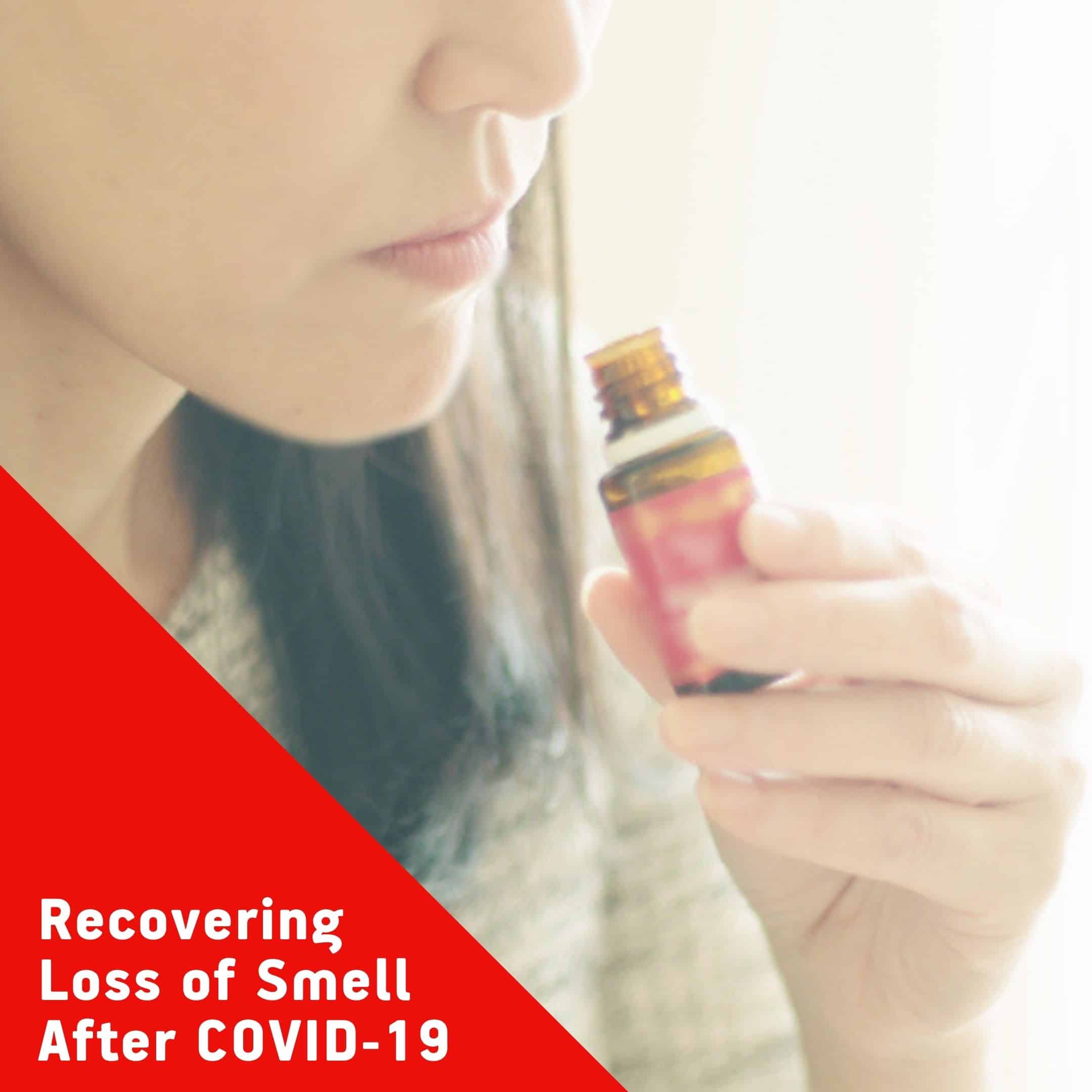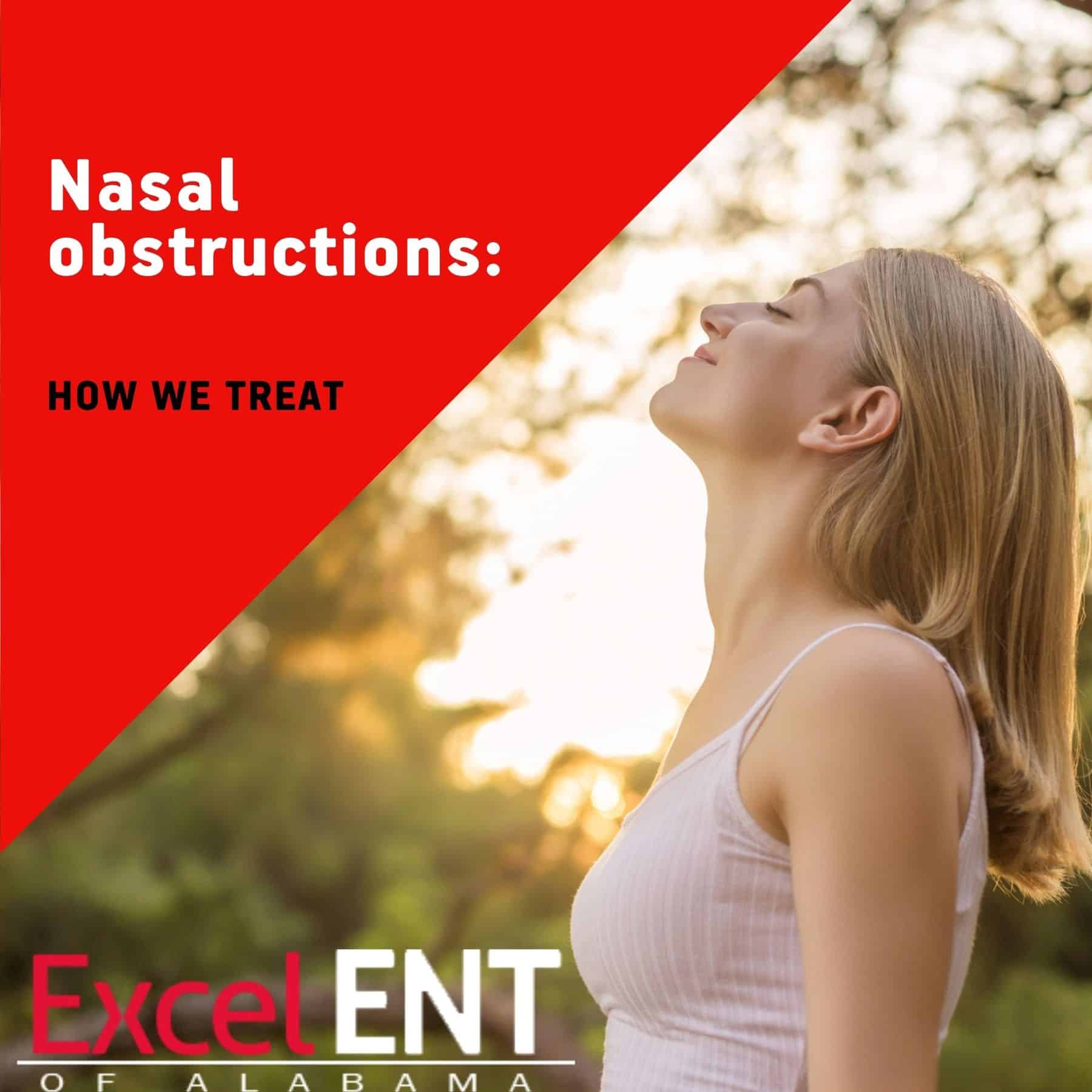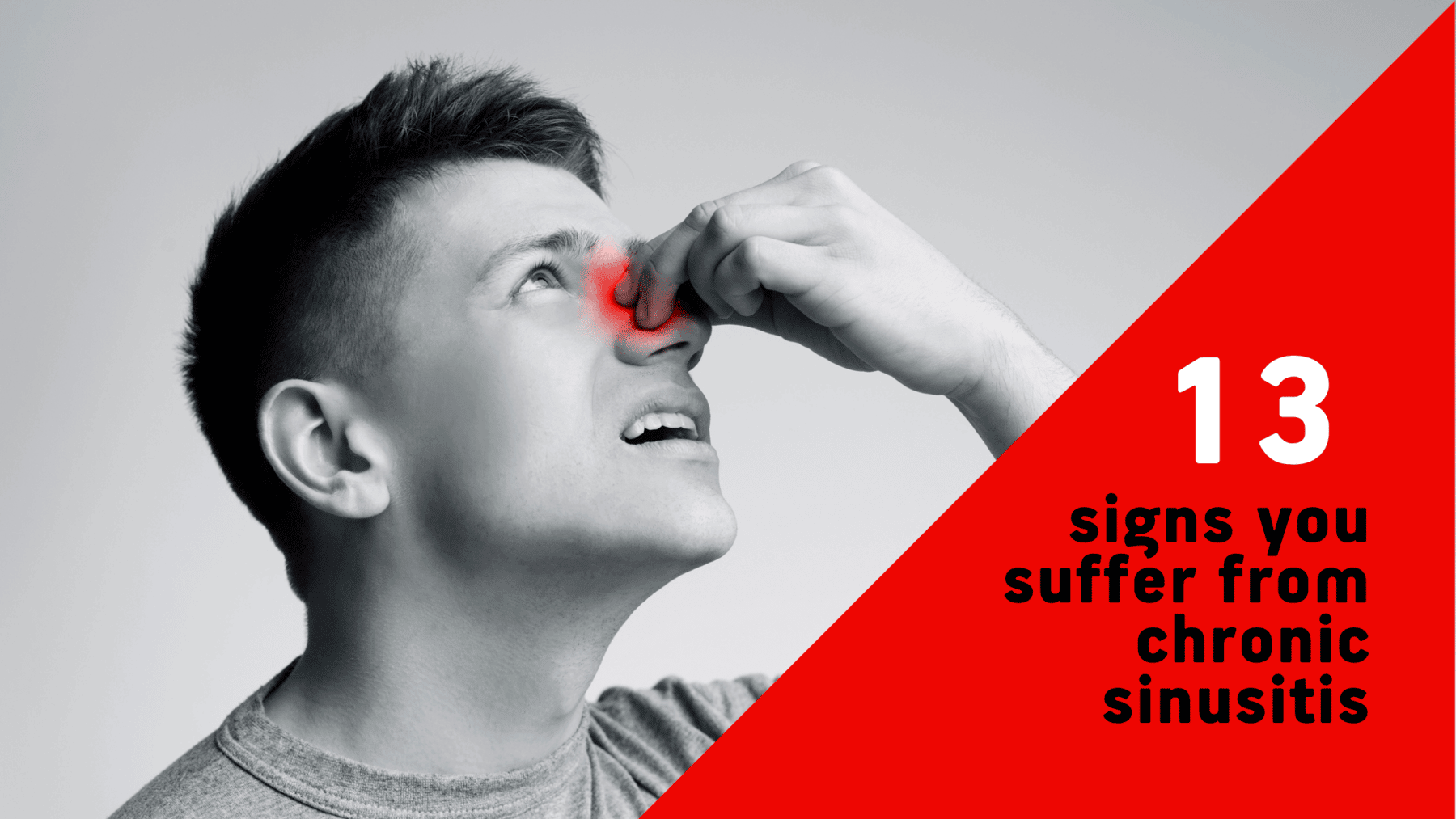Breathe Easier This Holiday Season with VivAer®
Breathe Easier With VivAer® The holidays are full of joyful occasions like office parties, family get-togethers, and even cozy moments at home. The last thing you want is difficulty breathing, headaches, and fatigue while celebrating the most wonderful time of…




